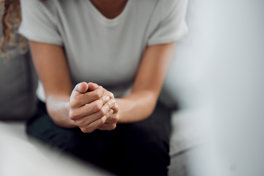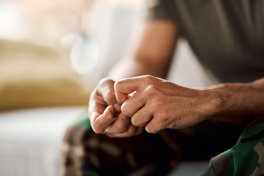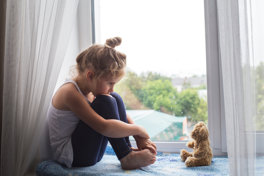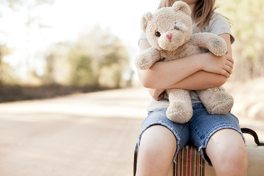
Addressing Abuse Allegations Linked to Harrods and Supporting Survivors in Their Pursuit of Justice
In September 2024, allegations of abuse emerged against former Harrods and Fulham FC owner Mohamed Al Fayed, with over 400 survivors coming forward. The claims suggest misconduct was widely known, and many survivors were silenced through non-disclosure agreements. Harrods has launched a financial redress scheme, though concerns about its transparency remain. Survivors face significant legal and emotional barriers in seeking justice, but redress schemes offer a more accessible alternative. Our team is committed to providing expert legal support to survivors in their pursuit of justice.




















